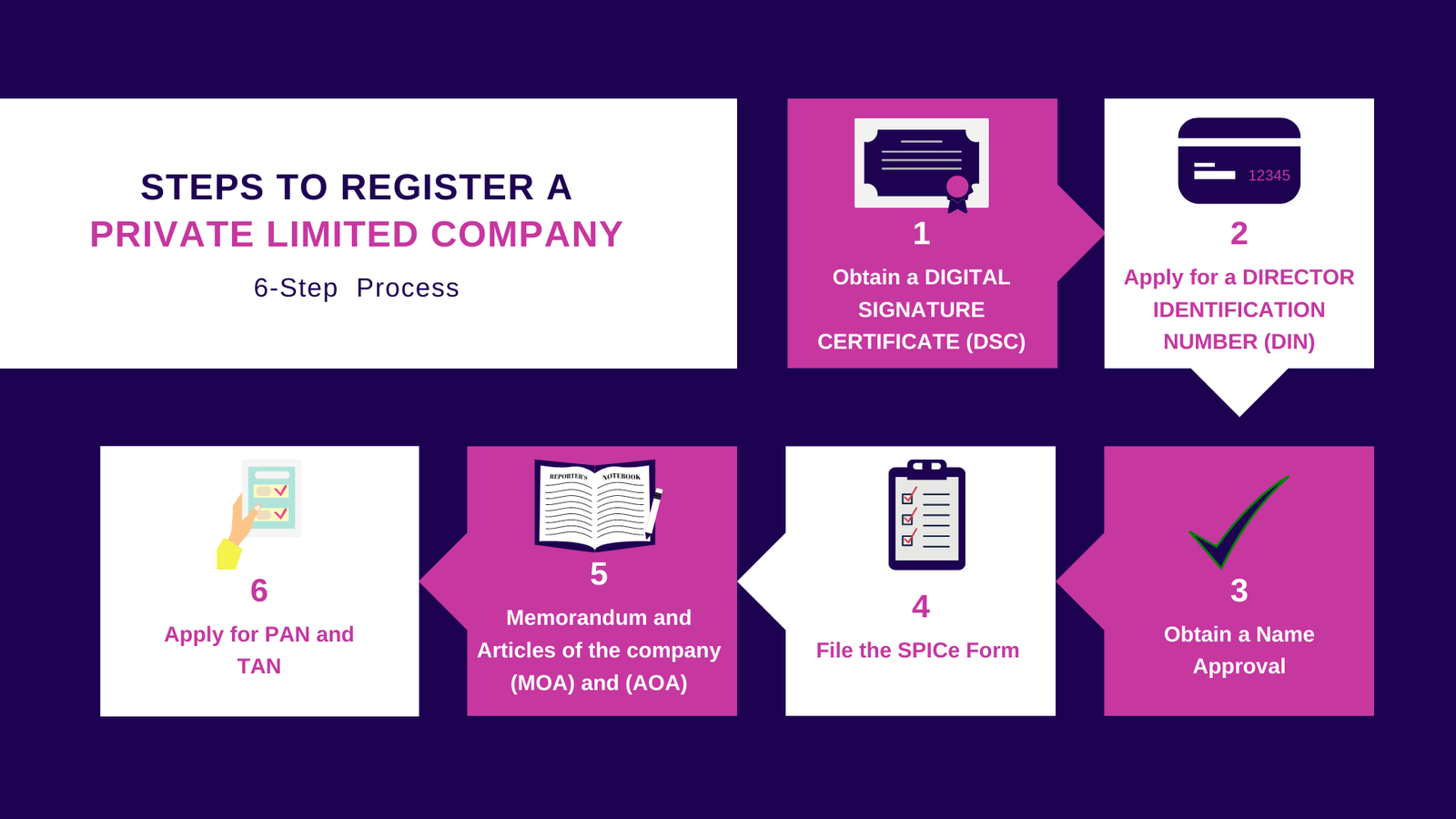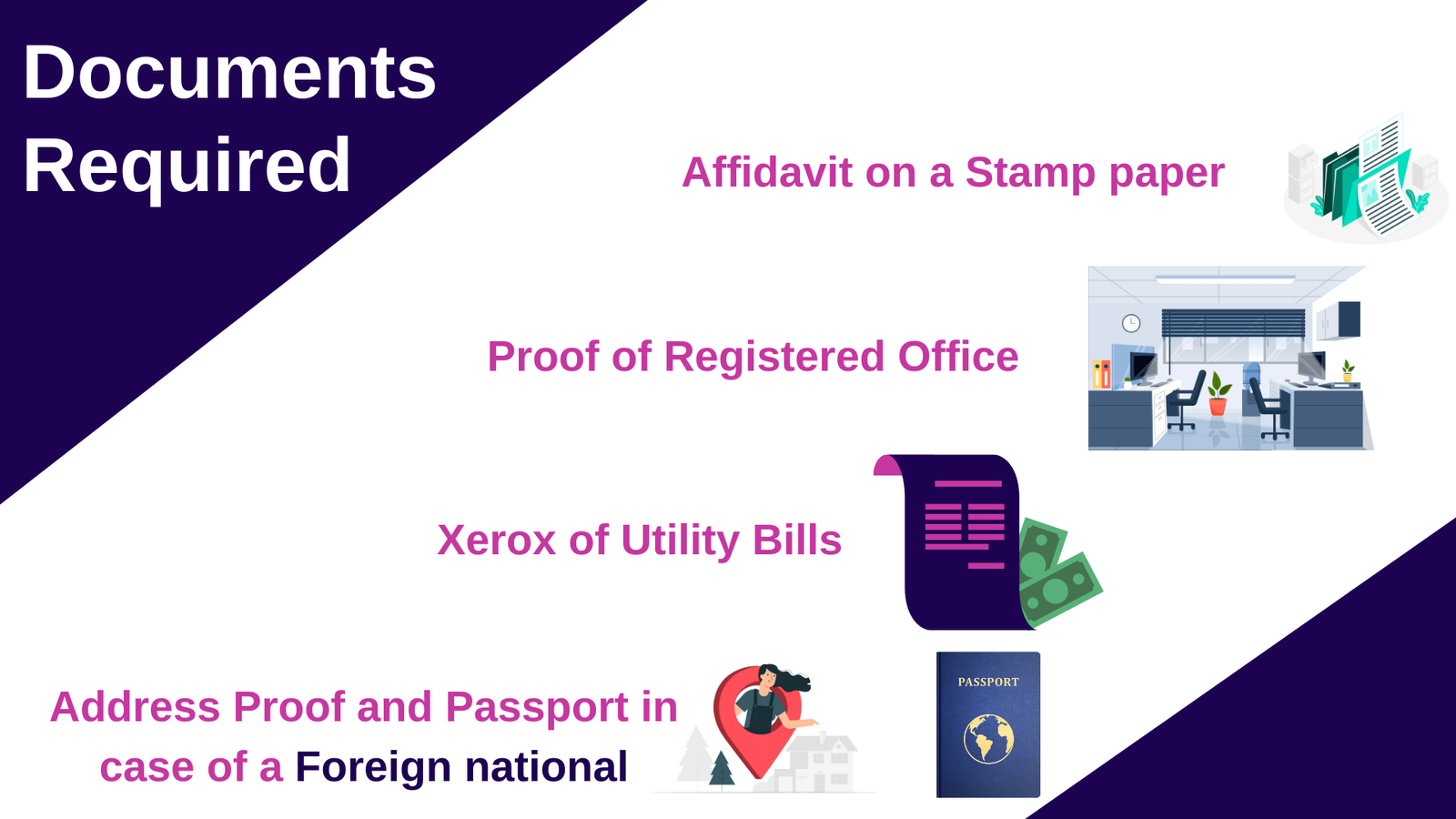Relinquishment Deed
Why Choose Dastawezz ?

INTRODUCTION
A relinquishment deed is legal document, similar to a waiver, wherein on legal heir relinquishes or releases his/her rights, titles and interests in a common property, in favor of another legal heir. Such deed is only applicable and valid for situations involving ancestral property, received through non-testamentary succession. A Relinquishment deed must be registered pursuant to the provisions of Section 17 of the Registration Act, 1908.
PROCESS
- Title and introduction: the deed begins with the title identifying the document as a ‘relinquishment deed’. It then goes on to provide the date of drafting and execution
- Identification of parties: It must identify the party releasing the right, who is also known as the executor or releasor, along with the person in whose favor such rights are being released, also known as the releasee. Such identification shall include details like full name, father’s/husband’s name, residential address, relationship etc.
- Property and Heir details: It should clearly mention the property in question along with all allied details. It should also list out all legal heirs of the property, based on the legal heir certificate along with their share and interests in the property.
- Relinquishment: This clause is the main clause for which the deed is being drawn. It should specify the nature, extent, reason, etc. for releasing the interests in the property.
- Stamp Duty and Registration Fee: In order to successfully execute the relinquishment deed, the calculation and payment of stamp duty is necessary. The rate varies from state to state. Registration Charges also need to be paid. They also vary from state to state. Both of the above have to be done via the collector/SDM’s office.
- Attestation: After paying the stamp duty and the registration charges, both the realsor and the releasee, along with two witnesses have to visit the sub-registrar’s office, to sign and get the deed registered.

ADVANTAGES / FEATURES
- It can only be between those who have pre-existing interest in property
- It is irrevocable, except in the cases where fraud or coercion has been committed.
- It is also known as release deed

DOCUMENTS REQUIRED
- Legal heir certificate
- Two passport size photographs of the releasor and releasee
- ID proof
- PAN Card
- Stamp Paper or e-stamp paper and registration fee receipt







 Users This Year : 1781
Users This Year : 1781